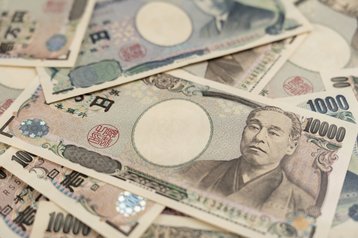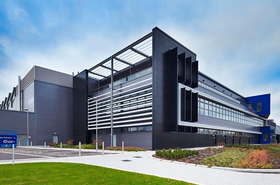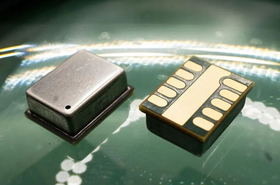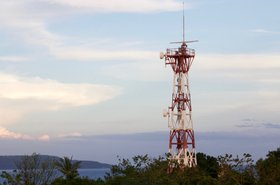The Japanese government has said it will give TSMC an additional 732 billion yen ($4.86 billion) in subsidies to help it build a second chip fabrication plant in the country.
The announcement was made over the same weekend the Taiwanese chip company opened the doors to its first Japanese factory which will produce 28nm and 16nm chips.
TSMC unveiled plans to build a second semiconductor fab in Kumamoto at the start of February 2024. Construction is due to start later this year and the site is expected to have a total production capacity of more than 100,000 12-inch wafers per month for use with automotive, industrial, consumer, and HPC-related applications.
"The chips will be more advanced than the first factory and can be used for AI and autonomous driving, and will ensure we have a stable supply of semiconductors in Japan," said the Minister of Economy, Trade and Industry Ken Saito, in comments reported by Reuters.
The news outlet estimates that this latest financial commitment from the Japanese government would see tax-payer-funded subsidies awarded to TSMC totaling over one trillion yen ($6.7bn).
In addition to its Japanese factories, TSMC is also building new fabs in Germany and the US state of Arizona. In Dresden, Germany, TSMC has committed to invest €3.5 billion ($3.8bn) in building its first factory in Europe.
However, the Arizona site has been plagued by problems, and in January 2024 the company pushed the operational date of the second, more advanced, fab back to 2027. The previous month, TSMC’s chairman, Mark Liu, announced he would be retiring from the company in 2024, having worked at the company for 30 years.
He is expected to be replaced by the company’s current CEO and vice chairman C.C. Wei.







